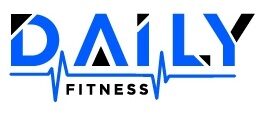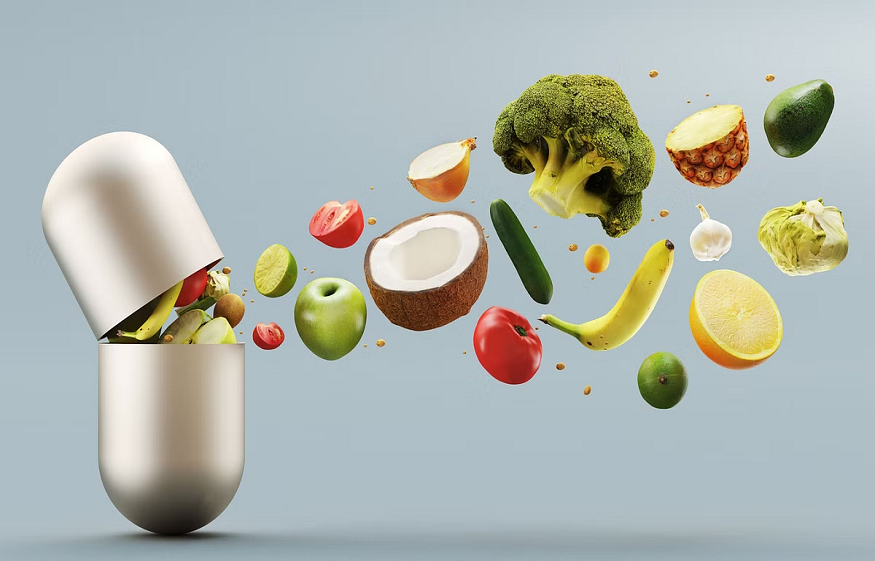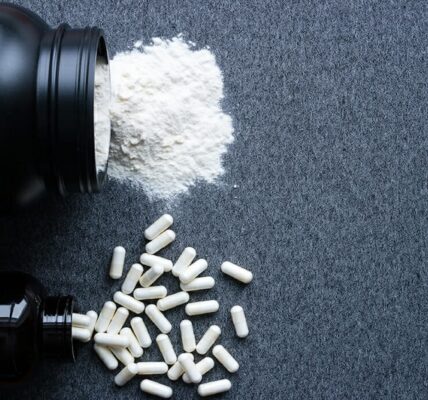Slimming, anti-stress, revitalizing… Food supplements are credited with many virtues that the French seem to appreciate. But are they effective and safe? Do you need to take any precautions? Review of what is good to know.
What are dietary supplements?
The food supplements market is worth nearly 2 billion euros per year in France. Like nearly one in two French people (46%, according to a 2018 survey), you may have already consumed a food supplement. This type of product is supposed to improve the nutritional intake of your body. In case of deficiency or risk of deficiency, it can help you regain or maintain normal levels.
Taking a supplement is often seasonal, on the eve of winter for example, and meets a particular need: diet, loss of form, sports preparation… It is consumed to solve a problem of sleep, digestion, manage his mood (stress, anxiety, etc.). Sold in the form of lozenges, capsules, pills, tablets, sachets of powder, vials, they can be found over the counter in shops (pharmacies, organic stores, supermarkets), as well as on the internet.
What do they contain?
Food supplements are prepared products, consisting of one or more authorized substances, set by a decree of 2006, namely: nutrients (vitamins and mineral salts), plants or plant extracts, and certain substances for nutritional or physiological, such as amino acids. They are exclusively intended to be taken as a supplement: they do not replace a balanced diet.
Good to know. Look at the label: the manufacturers must indicate the name of the nutrients or substances which characterize them, the daily dose to be respected, as well as the percentage of vitamins and mineral salts, compared to the daily consumption recommendation.
When is their consumption recommended?
According to the National Agency for Health, Food, Environment and Work Safety (ANSES), the food supplement is only of real interest in a few specific cases: change in eating behavior, little varied diet, etc. for a population likely to be confronted with a nutritional deficit.
Vitamin D supplements will promote bone growth in your child, and help reduce the risk of osteoporosis in older people. Vitamin B9 helps prevent spina bifida, this malformation that affects the brain or nervous system of the fetus in early pregnancy.
If you are vegan, taking a food supplement can make up for a lack of essential nutrients, such as vitamin B12, present in foods of animal origin (meat, fish, eggs, etc.). the same is true if you follow a diet without fish or seafood, low in essential fatty acids (EPA and DHA).
Important: whatever the case, ANSES “strongly” recommends seeking the advice of a health professional (doctor, pharmacist or dietitian) before using this type of product.
Are dietary supplements effective?
This question is still divided because some scientists doubt the value of food supplements. ANSES, on its site, indicates that these products cannot claim any therapeutic effect. “In the absence of pathology, nutritional needs can be covered by a varied and balanced diet, combined with appropriate physical activity. The consumption of food supplements is then not necessary, ”recalls the health security agency.
Please note: unlike a drug, no efficacy or toxicity test is required to market a food supplement. No more than an individual marketing authorization. In other words, the manufacturer is responsible for the conformity of his product in terms of safety and information. But there is no guarantee that the promises on the box will come true.
What are the risks involved?
If you consume food supplements containing vitamins and minerals, there is a risk of overdosing compared to your daily needs. Even more, if you combine them with a diet rich in vitamins or minerals. In addition, some of them cause undesirable effects: they are not recommended for pregnant women, children, adolescents, people with epilepsy or suffering from inflammatory diseases, for example.
In 2018, ANSES stresses in particular that the consumption of melatonin (which promotes sleep) in the form of a food supplement must be avoided or subject to the advice of a doctor, and that it is necessary to stick to a occasional use. For products based on red yeast rice , the agency asks consumers to take advice from a health professional, and even to refrain from consuming them “if they are treated with statin-based drugs or if they are intolerant to statins”.
What precautions to take?
– We can never repeat it enough: before swallowing a food supplement, first consult a health professional. Prioritize the supply circuits that the public authorities monitor.
– Prefer pharmacies to online purchases: websites are difficult to control.
– Read the labels and respect the conditions of use detailed by the manufacturers.
– Avoid prolonged, repeated or multiple doses throughout the year, without seeking the advice of a health professional. In the event of an overdose, the body will spend a lot of energy eliminating the excess.
What to do in case of side effects?
You must inform your doctor or pharmacist of any undesirable effects resulting from the consumption of a food supplement. It is he who will then transmit this information, using the Nutrivigilance site . After analysis and assessment of this data, ANSES may issue recommendations on the potential risks of a particular product.
Infographic created by Boston Analytical, Offering a Wide Array of Pharmaceutical Analytical Testing Services



